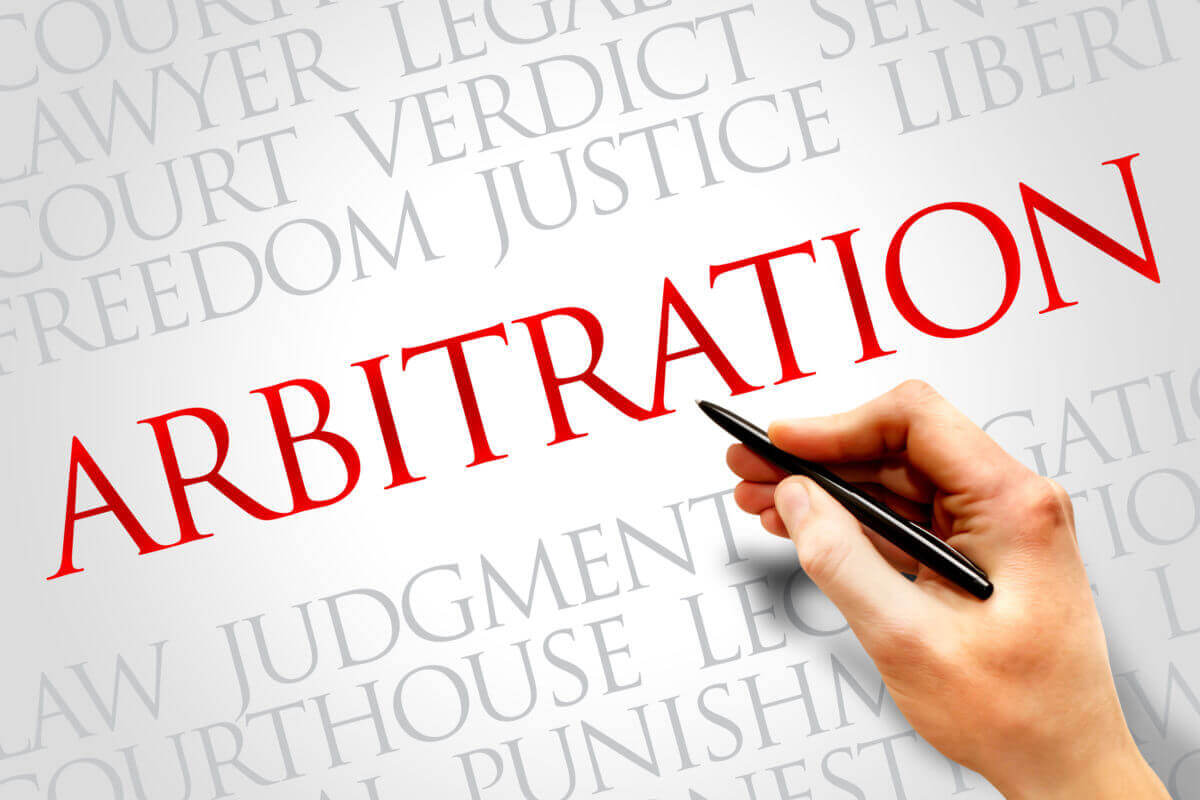Arbitration in Commercial Disputes
As Vietnam’s economy continues to grow and attract foreign investment, the complexity of commercial transactions has led to an increase in disputes arising from these transactions. Arbitration has become an increasingly preferred method for resolving commercial disputes due to its efficiency, confidentiality, and flexibility. This article explores the role of arbitration in commercial disputes in Vietnam, the arbitration process, the benefits of using arbitration as a dispute resolution mechanism, and the importance of engaging qualified arbitration lawyers in navigating these proceedings.
Understanding Commercial Arbitration
Commercial arbitration is a form of alternative dispute resolution (ADR) where an independent third party, known as the arbitrator, is appointed to resolve disputes between parties involved in commercial transactions. Unlike litigation, arbitration is typically less formal, allowing parties to establish their own procedures and rules for the proceedings.
Key Features of Commercial Arbitration
- Voluntary Process: Parties willingly agree to resolve their disputes through arbitration, usually specified in an arbitration clause within the contract.
- Confidentiality: Arbitration proceedings are usually private, protecting sensitive business information from public disclosure and maintaining confidentiality regarding the details of the dispute.
- Expert Arbitrators: Parties have the opportunity to select arbitrators with specialized expertise relevant to their industry and the nature of the dispute, which can lead to more informed decisions.
- Finality: Arbitration awards are generally binding and have limited grounds for appeal, providing certainty and closure to parties involved in the dispute.
- Efficiency: Arbitration often leads to quicker resolutions compared to traditional litigation, allowing parties to avoid prolonged court waits.

The Arbitration Process in Vietnam
The arbitration process in Vietnam is governed primarily by the Commercial Arbitration Law (2003), which was established to provide a framework for arbitration procedures and ensure the enforceability of arbitration agreements and awards. Here are the key steps in the arbitration process:
1. Agreeing to Arbitrate
The first step in the arbitration process is the agreement between the parties to resolve their disputes through arbitration. This agreement can be included in the main contract, typically referred to as an “arbitration clause,” or set out in a separate agreement.
2. Choosing the Arbitration Institution
If the parties agree to arbitrate, they must decide on an arbitration institution to administer the proceedings. In Vietnam, several arbitration institutions handle commercial disputes, including:
- The Vietnam International Arbitration Centre (VIAC): One of the most prominent arbitration institutions in Vietnam, VIAC offers services for domestic and international disputes.
- The Economic Arbitration Centre: Focuses on business-related arbitration and has its own set of rules and regulations.
- Other International Institutions: Parties may also opt for arbitration through recognized international institutions, such as the International Chamber of Commerce (ICC) or the Singapore International Arbitration Centre (SIAC), depending on the agreement.

3. Filing a Request for Arbitration
Once an arbitration institution is chosen, the claimant must submit a request for arbitration, which typically includes:
- Details of the Parties: Names, addresses, and contact information of the parties involved.
- Nature of the Dispute: A brief description of the nature of the dispute, including relevant facts.
- Relief Sought: Clearly outlining the remedies or compensation being sought.
Upon receiving the request, the arbitration institution will confirm the initiation of the arbitration process.
4. Appointment of Arbitrators
The parties typically have the right to nominate their arbitrator(s) based on the agreement. Depending on the institution’s rules, arbitration can involve a sole arbitrator or a panel of multiple arbitrators.
5. Preliminary Meeting
After arbitrators are appointed, a preliminary meeting may be held to discuss procedural issues, timelines, and the scope of the arbitration. This meeting sets the framework for the arbitration proceedings, including communication between the parties and the arbitrators.
6. The Arbitration Hearing
During the arbitration hearing, both parties present their arguments, evidence, and witness testimonies. Key elements of this phase include:
- Presentation of Evidence: Each party presents relevant documents, expert opinions, and witness testimonies that support their claims or defenses.
- Cross-Examination: Parties may cross-examine witnesses presented by the opposing party, challenging credibility and accuracy.
7. The Award
After deliberations, the arbitrators render their decision in the form of an arbitration award. This award is:
- Binding: The arbitration award is generally final and binding on both parties, similar to a court judgment.
- Enforceable: Under the New York Convention, which Vietnam is a member of, arbitration awards are enforceable internationally, ensuring that successful claimants can seek enforcement in different jurisdictions.
Benefits of Arbitration in Commercial Disputes
1. Efficiency
Arbitration is often quicker than litigation, as it eliminates many procedural delays associated with court processes. This is particularly advantageous for businesses seeking timely resolutions to disputes.
2. Expertise
Arbitrators often have specialized knowledge and experience relevant to the industry, enabling informed decisions that are better aligned with commercial realities.

3. Flexibility
Parties can tailor the arbitration process to fit their specific needs, including the choice of arbitrators, rules, and logistics, allowing for a more customized approach to dispute resolution.
4. Confidentiality
Maintaining the confidentiality of arbitration proceedings protects sensitive business information and trade secrets, fostering a more secure environment for companies involved in disputes.
5. Preservation of Relationships
The collaborative nature of arbitration can help preserve business relationships, allowing parties to resolve conflicts amicably while maintaining professional rapport.
The Role of Civil Litigation and Arbitration Lawyers
Engaging civil litigation and arbitration lawyers is instrumental for navigating the complexities of the arbitration process. Key contributions include:
1. Legal Expertise
Lawyers provide in-depth knowledge of both arbitration law and the relevant commercial laws applicable to the dispute, ensuring compliance and protection of rights.

2. Strategic Guidance
Attorneys can guide parties in evaluating their strengths and weaknesses, developing effective strategies, and determining whether arbitration or litigation is the best option for their case.
3. Document Preparation
Lawyers can prepare and review legal documents associated with arbitration, including the arbitration request, evidence submissions, and post-award enforcement actions.
4. Representation
Legal professionals represent clients throughout the arbitration process, advocating for their interests during hearings, negotiations, and settlement discussions.
Conclusion
Navigating commercial disputes through arbitration offers a valuable framework for businesses seeking to resolve conflicts efficiently and effectively. Understanding the key steps in the arbitration process, the legal considerations involved, and the benefits of engaging qualified legal representation can enhance the likelihood of favorable outcomes. By prioritizing arbitration as an alternative to litigation, companies can protect their interests, maintain professional relationships, and leverage the expertise of skilled arbitrators. In Vietnam’s evolving commercial landscape, effective arbitration strategies are essential for fostering business resilience and growth in an increasingly competitive environment.
